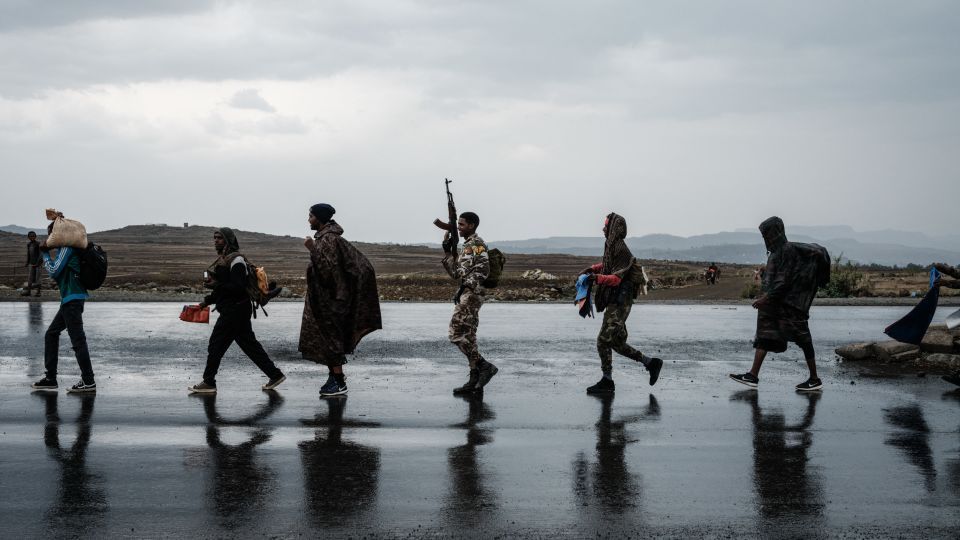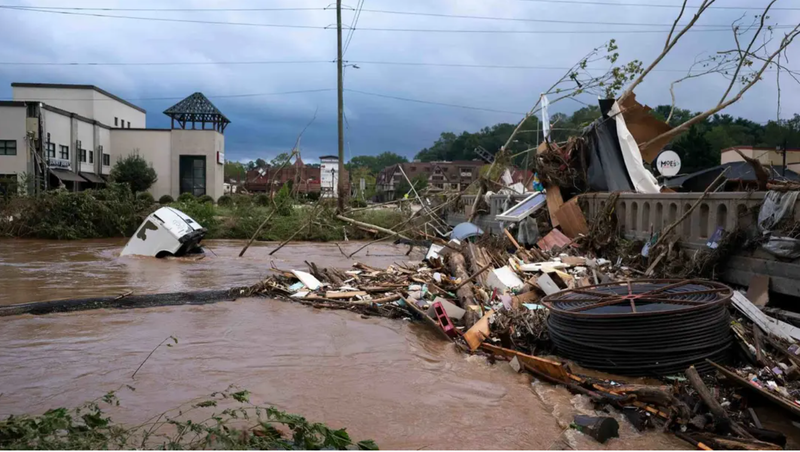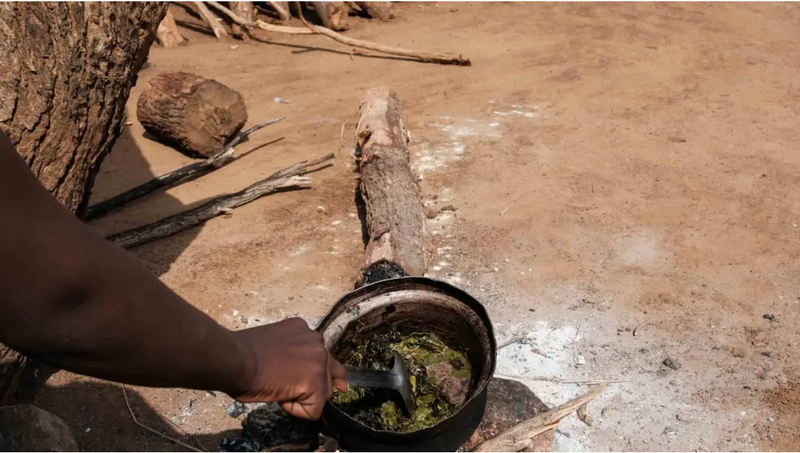Ethiopia’s Tigray Rebels Claim Readiness For African Union Talks
Ethiopia's Tigray People's Liberation Front (TPLF) announced Sun. that it is ready for peace talks led by the African Union (AU), amid the latest outbreak of fighting between the armed group and forces loyal to the central government after a months-long ceasefire.

Facts
- Ethiopia's Tigray People's Liberation Front (TPLF) announced Sun. that it is ready for peace talks led by the African Union (AU), amid the latest outbreak of fighting between the armed group and forces loyal to the central government after a months-long ceasefire.
- While removing a key hurdle to negotiations with Addis Ababa, the TPLF declared their willingness to an "immediate and consensual cessation of hostilities" to enable the talks. However, the rebels said that credible talks depended on "mutually acceptable" mediators and international observers.
- The TPLF previously rejected peace talks led by the AU and instead pushed for former Kenyan President Uhuru Kenyatta to act as a mediator. The group insisted on free humanitarian access and communication and banking services to be restored in Tigray as another precondition.
- The new development comes after fighting between government forces and TPLF troops resumed in late Aug. following a five-month ceasefire that allowed for the resumption of international aid to war-torn Tigray. Both sides have accused each other of breaking the ceasefire.
- Meanwhile, the AU and U.N. welcomed the recent TPLF announcement, while Ethiopia's State Minister for Peace called it a "nice development" and stressed that the Tigray Defense Forces (TDF), the TPLF's military arm, needed to be disarmed ahead of any negotiations.
- Since November 2020, the northern Ethiopian Tigray region has been the center of fighting between the TPLF and government forces, which has reportedly killed thousands and displaced millions leaving the region in the grip of a humanitarian crisis amid acute food shortages.
Sources: Al Jazeera, France24, Defense Post, East African, Saudi Gazette, and Reuters.
Narratives
- Pro-establishment narrative, as provided by 1945. Ethiopian PM Abiy Ahmed not only engages in collective punishment against the Tigrayans but also uses starvation as a weapon. Even though the U.S.'s push for peace talks is welcome, one thing is certain: Abiy isn't using negotiations to achieve real peace, but rather as a delaying tactic to reposition his troops. In his brutal war, he can not only count on Eritrean support but also on drones from Turkey and Iran. It's the U.S.'s moral duty to stand by the TPLF and its defense forces.
- Establishment-critical narrative, as provided by Toward Freedom. It's certainly no coincidence that Western envoys met with TPLF leaders before the latter resumed fighting in late August. By unilaterally taking sides with the TPLF, the U.S. and EU are encouraging its leaders to take dangerous actions, thereby furthering Ethiopia's destabilization. In doing so, the TPLF doesn't shy away from looting aid intended for the population in Tigray. Peace talks may now finally be taking place, but it remains to be seen how serious the TPLF and its supporters support peace.






